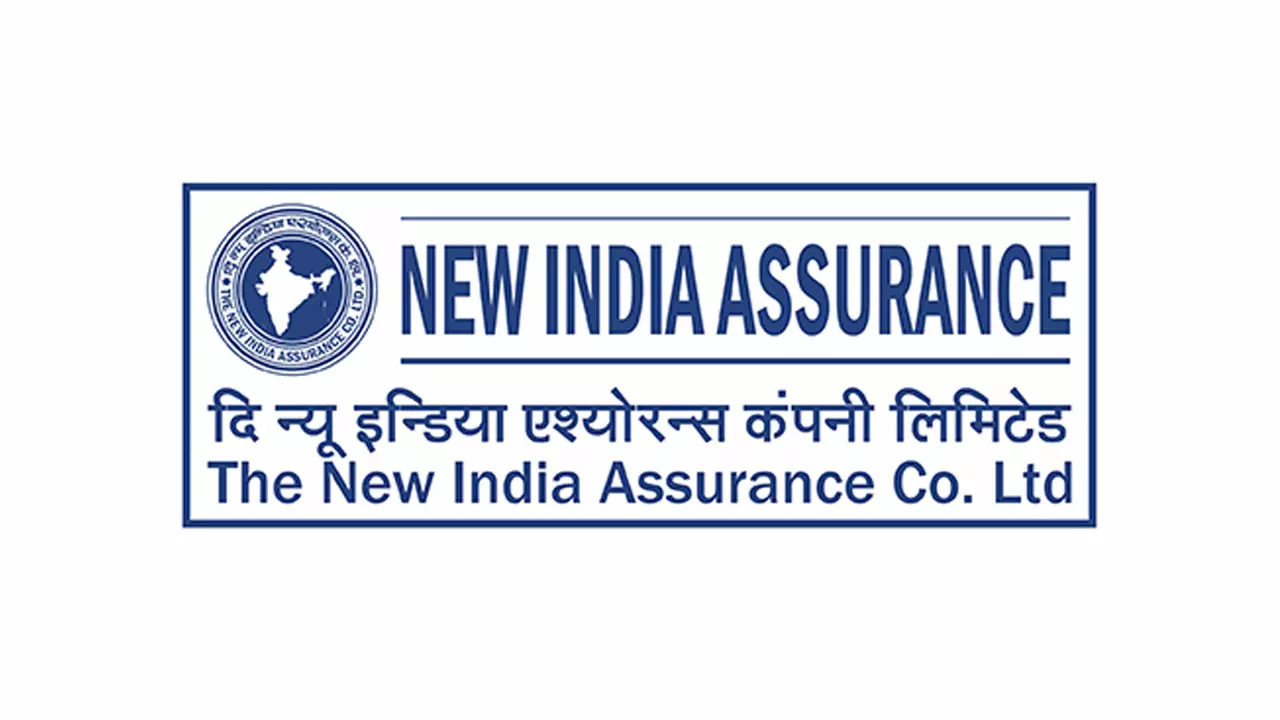Hyderabad District Commission Holds New India Assurance Co. Liable For Wrongful Repudiation Of Corona Kavach Insurance Claim
Smita Singh
4 Feb 2024 1:30 PM IST

Next Story
4 Feb 2024 1:30 PM IST
The District Consumer Disputes Redressal Commission – I, Hyderabad (Telangana) bench comprising B. Uma Venkata Subba Lakshmi (President) and C. Lakshmi Prasanna (Member) held the New India Assurance Company Ltd liable for deficiency in services for falsely repudiating the claim even though the Complainant submitted the registration certificate of the hospital. The District Commission...
